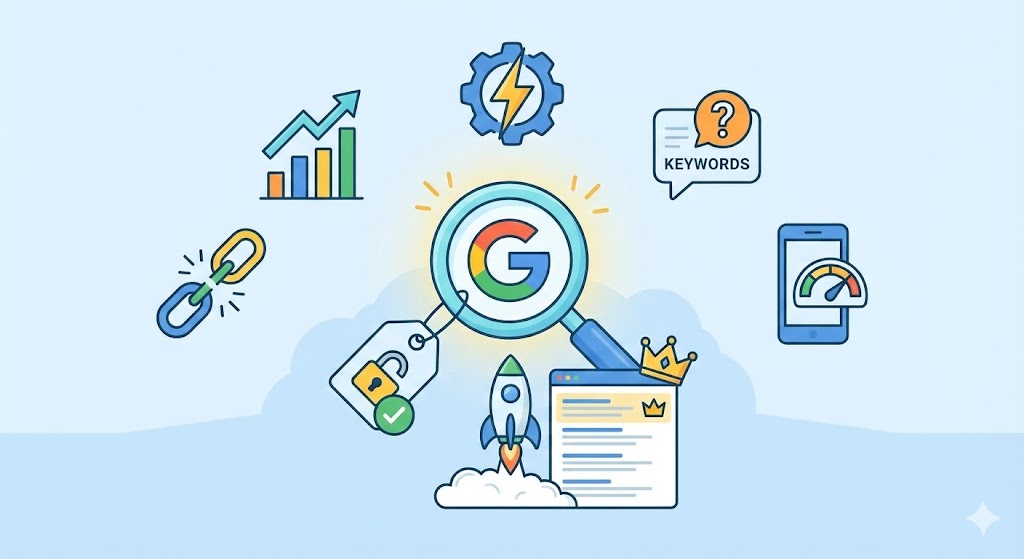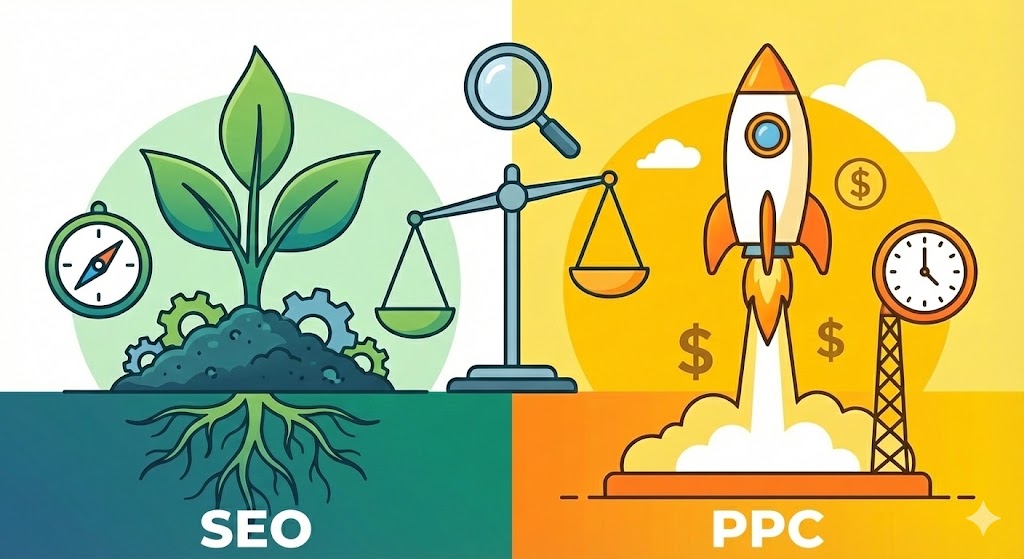Introduction:
In the ever-evolving landscape of search engine optimization (SEO), staying updated with Google’s algorithm changes is crucial for digital marketers and website owners. Google’s September 2023 “Helpful Content” update has concluded its rollout, and this article provides an in-depth analysis of its impact, implications, and strategies for adapting to the changes.
Understanding the “Helpful Content” Update:
Google’s algorithm updates are designed to enhance the quality of search results and provide users with the most relevant and useful content. The September 2023 update, unofficially referred to as the “Helpful Content” update, focuses on refining the criteria by which Google evaluates the helpfulness of web content.
Key Features of the Update:
- Content Relevance: The update places a heightened emphasis on content relevance. Google’s algorithms now evaluate how closely a piece of content aligns with the user’s query intent, ensuring that search results are more likely to satisfy the user’s needs.
- User Experience: User experience metrics, such as page load speed, mobile-friendliness, and overall usability, continue to be vital ranking factors. The “Helpful Content” update reinforces the importance of providing a seamless and engaging browsing experience.
- E-A-T Signals: Expertise, Authoritativeness, and Trustworthiness (E-A-T) remain fundamental. Content creators and website owners should focus on establishing their E-A-T signals, particularly in niches that demand a high degree of trust, such as health and finance.
- Content Depth: Google’s algorithms now assess the depth and comprehensiveness of content. In-depth, well-researched articles and pages that thoroughly address user queries are more likely to rank prominently.
Impact on SERPs:
The “Helpful Content” update has resulted in noticeable changes in search engine results pages (SERPs). Websites that prioritize content relevance, user experience, and E-A-T signals have seen improvements in their rankings. Conversely, sites with thin, outdated, or irrelevant content have experienced declines.
Adapting to the Changes:
- Quality Content: Content creators should focus on producing high-quality, informative, and engaging content that aligns with user intent.
- Technical SEO: Prioritize technical aspects like page speed optimization, mobile responsiveness, and secure browsing to enhance user experience.
- E-A-T Enhancement: For websites in sensitive niches, bolster E-A-T signals by showcasing author credentials, citing credible sources, and providing transparent information.
- Comprehensive Content: Develop in-depth content that thoroughly addresses user queries, providing valuable insights and solutions.
- Monitoring and Adjusting: Continuously monitor website performance, rankings, and traffic. Be prepared to make adjustments as needed to maintain or improve visibility in search results.
Conclusion:
Google’s September 2023 “Helpful Content” update underscores the search giant’s commitment to delivering valuable, relevant, and trustworthy content to its users. Website owners and digital marketers must adapt their strategies to align with these changes. By prioritizing content quality, user experience, E-A-T signals, and comprehensive content, they can navigate the evolving SEO landscape and continue to thrive in organic search.




